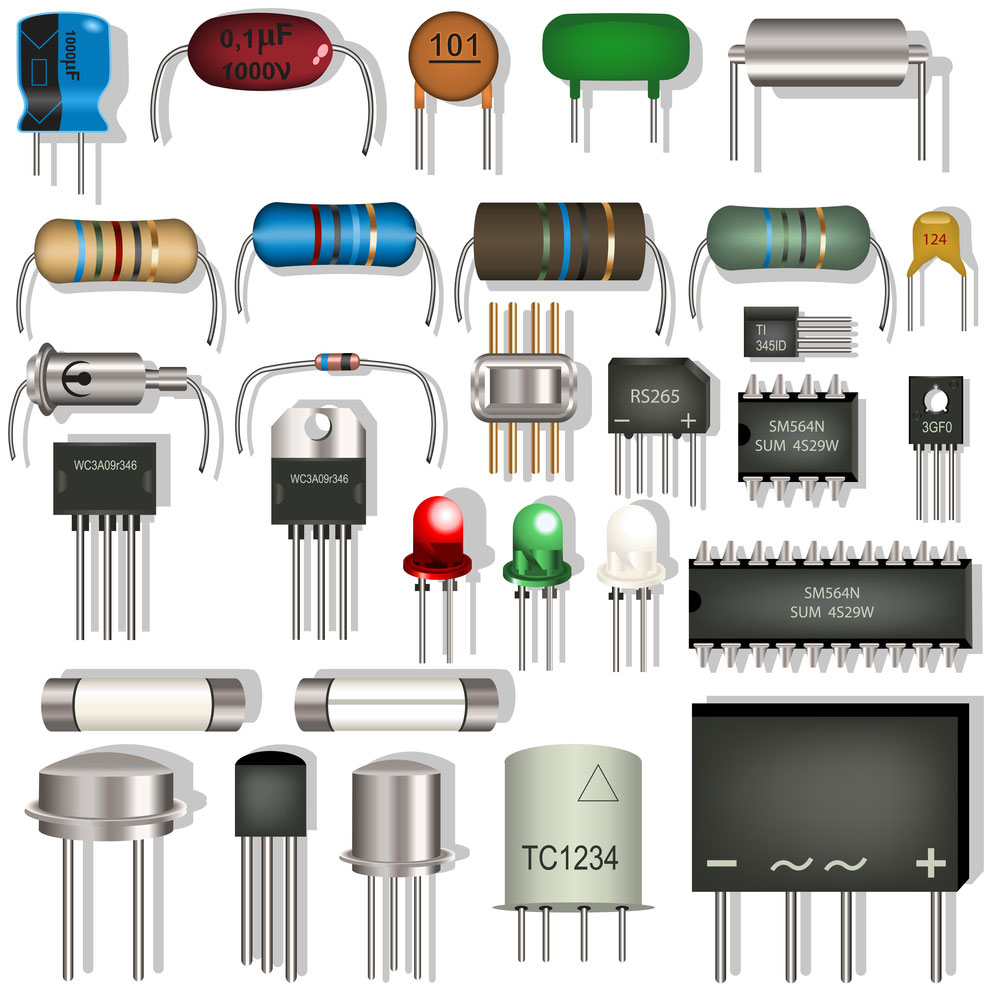In our modern world, electricity has become an indispensable part of our daily lives. However, with the increasing demand for energy, it is crucial to be aware of the appliances that consume a significant amount of electricity. Understanding which appliances use a lot of electricity empowers us to make informed choices, conserve energy, and reduce our carbon footprint. In this article, we will delve into various industries and explore the power-hungry culprits that contribute to high electricity consumption.
- Household Appliances:
1.1 Air Conditioners: Air conditioners are notorious for their high energy consumption, especially during hot summer months. Opting for energy-efficient models and using them judiciously can significantly reduce electricity usage.
1.2 Refrigerators: Refrigerators run continuously and consume a substantial amount of electricity. Regular maintenance, proper temperature settings, and avoiding overstocking can help optimize energy usage.
1.3 Water Heaters: Water heaters, particularly those using traditional heating elements, consume a significant amount of electricity. Considering alternative options like solar water heaters or energy-efficient models can lead to substantial energy savings. - Kitchen Appliances:
2.1 Electric Ovens: Electric ovens consume a considerable amount of electricity, especially when used for extended periods. Utilizing smaller appliances like microwaves or toaster ovens for quick cooking tasks can help reduce energy consumption.
2.2 Electric Stovetops: Electric stovetops, especially those with coil burners, can be energy-intensive. Induction cooktops are a more energy-efficient alternative, as they heat the cookware directly and waste less energy.
2.3 Dishwashers: Dishwashers are convenient but can consume significant amounts of electricity, especially during the heating and drying cycles. Opting for energy-efficient models and running full loads can help minimize energy usage. - Entertainment and Office Equipment:
3.1 Televisions: Large-screen televisions, especially plasma and older LCD models, consume substantial electricity. LED or OLED TVs are more energy-efficient alternatives.
3.2 Computers: Desktop computers, especially when left idle for extended periods, consume unnecessary electricity. Utilizing power-saving settings and switching to laptops or energy-efficient desktops can help reduce energy consumption.
3.3 Gaming Consoles: Gaming consoles, known for their immersive experiences, can also be power-hungry. Being mindful of gaming durations and turning off consoles when not in use can contribute to energy conservation. - Industrial and Commercial Appliances:
4.1 HVAC Systems: Heating, ventilation, and air conditioning (HVAC) systems in large buildings or industrial settings consume massive amounts of electricity. Regular maintenance, energy audits, and utilizing smart HVAC controls can optimize energy usage.
4.2 Industrial Machinery: Various industrial machinery, such as compressors, pumps, and motors, can consume substantial electricity. Employing energy-efficient equipment, optimizing usage schedules, and implementing energy management systems can lead to significant energy savings.
4.3 Commercial Refrigeration: Supermarkets, restaurants, and other businesses heavily rely on refrigeration. Energy-efficient refrigeration systems, proper insulation, and regular maintenance can help minimize electricity consumption.
Conclusion:
Being aware of the appliances that consume a lot of electricity empowers us to make conscious choices and take steps towards energy conservation. By considering energy-efficient alternatives, optimizing usage patterns, and adopting smart technologies, we can reduce our environmental impact and contribute to a sustainable future. Let's strive to make energy efficiency a priority in our daily lives.

